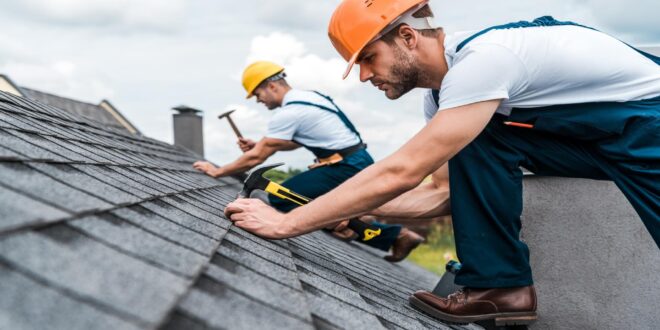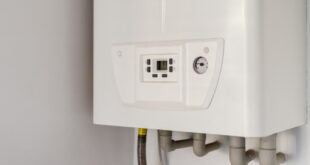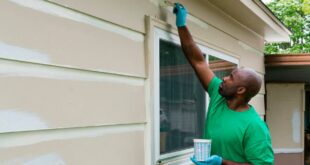Roofs are the unsung heroes of our homes, tirelessly protecting us from everything. But like all things, they have a lifespan. When issues arise, homeowners are often faced with a dilemma: repair or replace.
This comprehensive guide will delve into the nuances of both options, helping you make an informed decision.
Which solution wins, roof repair vs. replacement? In order to decide, you need to be familiar with basic information.
Roof Lifespan
Roofs, like all things, have a finite lifespan. Depending on the material, it can last anywhere from 15 to 100 years. Asphalt shingles, the most common roofing material, typically last 20-30 years. Meanwhile, metal roofs can endure for 50 years or more. The longevity of your roof plays a significant role in the repair vs. replacement debate.
Factors like climate, maintenance, and installation quality can also impact its lifespan. For instance, the ones in areas with harsh weather conditions might not last as long as those in milder climates.
Common Problems
Every roof, regardless of its age, can encounter problems. Some common issues include leaks, missing or damaged shingles, and sagging. These problems can arise from various causes, such as weather damage, poor installation, or natural wear and tear.
While some issues are minor and can be easily fixed, others might signal deeper structural problems. It’s crucial to identify and address these problems early to prevent more significant damage.
Roof Repair ─ When is it the Right Choice?
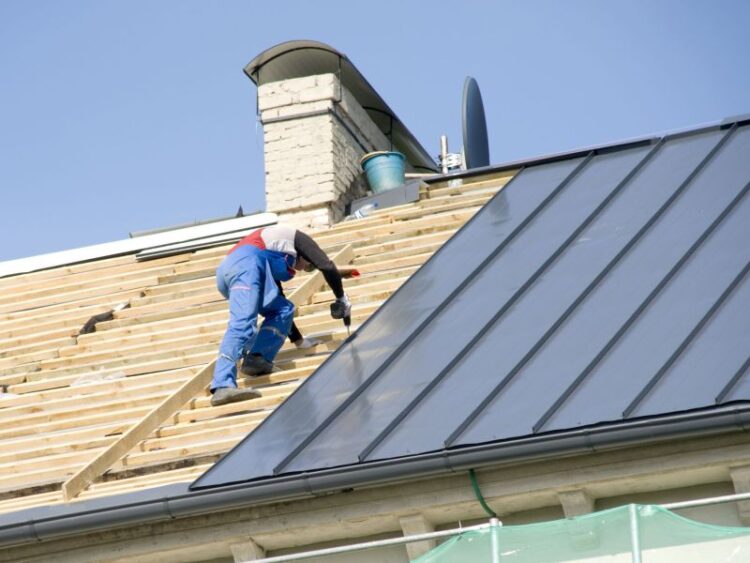
Repairing is often the go-to solution for minor issues.
Advantages
It is typically less expensive and less time-consuming than replacing it. For homeowners on a tight budget or those looking for a quick fix, repairs can be an attractive option. Additionally, repairs can extend the life of your roof, pushing back the need for a full replacement.
Furthermore, these are less wasteful. By fixing only the damaged sections, you’re conserving materials and reducing landfill waste.
Limitations of Repair
However, repairs aren’t always the best long-term solution. Continually patching up a failing roof can lead to higher costs over time. Moreover, repairs might not address underlying structural issues, which can exacerbate problems in the future.
Mismatched shingles from repairs can also affect your home’s aesthetic appeal. And if repairs are frequent, it might indicate a more significant issue that requires attention.
Roof Replacement
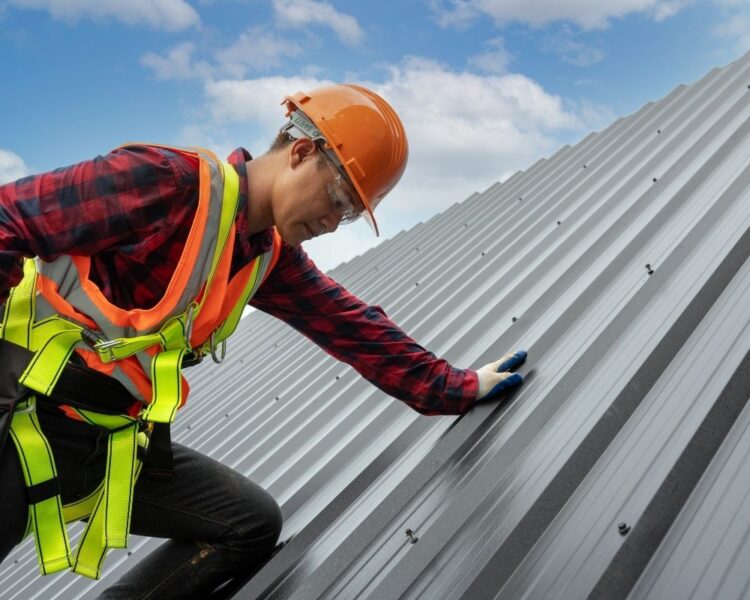
There are times when a fresh start is the best course of action. Here’s when and why you might consider a full replacement.
Signs You Need a Replacement
If your roof is nearing the end of its lifespan, it might be more cost-effective to replace rather than repair. Other signs include widespread damage, sagging, or if your roof has already undergone several repairs.
Mold growth, interior water damage, and increased energy bills can also indicate the need for a replacement. It’s essential to consult with a professional if you notice these signs.
Benefits of Replacement
A new roof can significantly increase your home’s value and curb appeal. With advancements in roofing technology, newer roofs are more energy-efficient, potentially reducing your energy bills.
Additionally, a replacement offers peace of mind. You won’t have to worry about frequent repairs or unexpected leaks for years to come.
Cost Implications
One of the primary concerns for homeowners is cost. Let’s break down the financial implications of both options.
Repair Costs
The cost of repairs varies based on the extent of damage and the roofing material. Minor fixes, like replacing a few shingles, can be relatively inexpensive. However, more extensive repairs, especially those involving structural issues, can be costlier.
It’s essential to get multiple quotes and ensure that the quoted price includes labor, materials, and any other potential fees.
Replacement Costs
Replacing a roof is undoubtedly more expensive than repairing it. Costs can range widely based on the size of your home, the roofing material chosen, and labor charges in your area.
However, many homeowners find that the long-term benefits, like increased home value and reduced energy bills, justify the upfront cost.
How to Make a Decision?
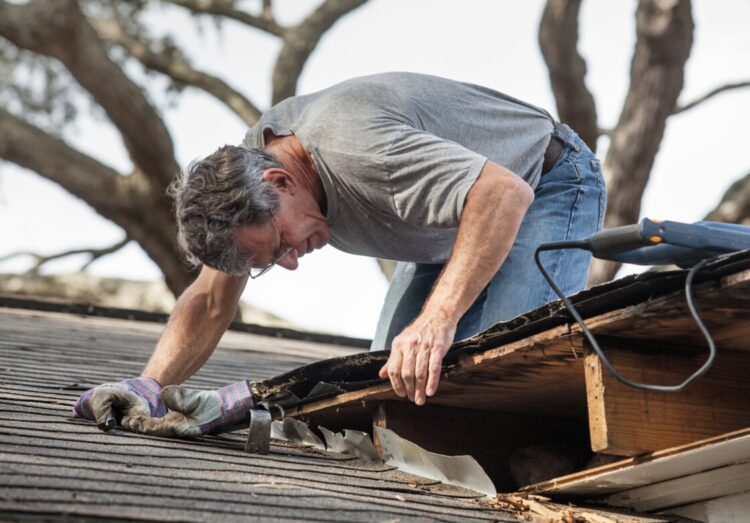
Consult a Professional
While research is invaluable, consulting with a roofing professional is crucial. They can assess the state of your roof, provide recommendations, and give accurate cost estimates.
Remember, the cheapest option isn’t always the best. It’s essential to consider the long-term implications of your decision.
Consider Future Plans
If you’re planning to sell your home soon, a new roof might be a selling point. On the other hand, if you’re staying put, you might prioritize longevity and durability.
Your future plans can significantly influence whether repair or replacement is the right choice for you.
The Bottom Line
In conclusion, the decision between roof repair and replacement is multifaceted. By understanding the basics, weighing the pros and cons, considering costs, and consulting professionals, you can make an informed choice that suits your home’s needs and your financial situation.
 Hi Boox Popular Magazine 2025
Hi Boox Popular Magazine 2025
